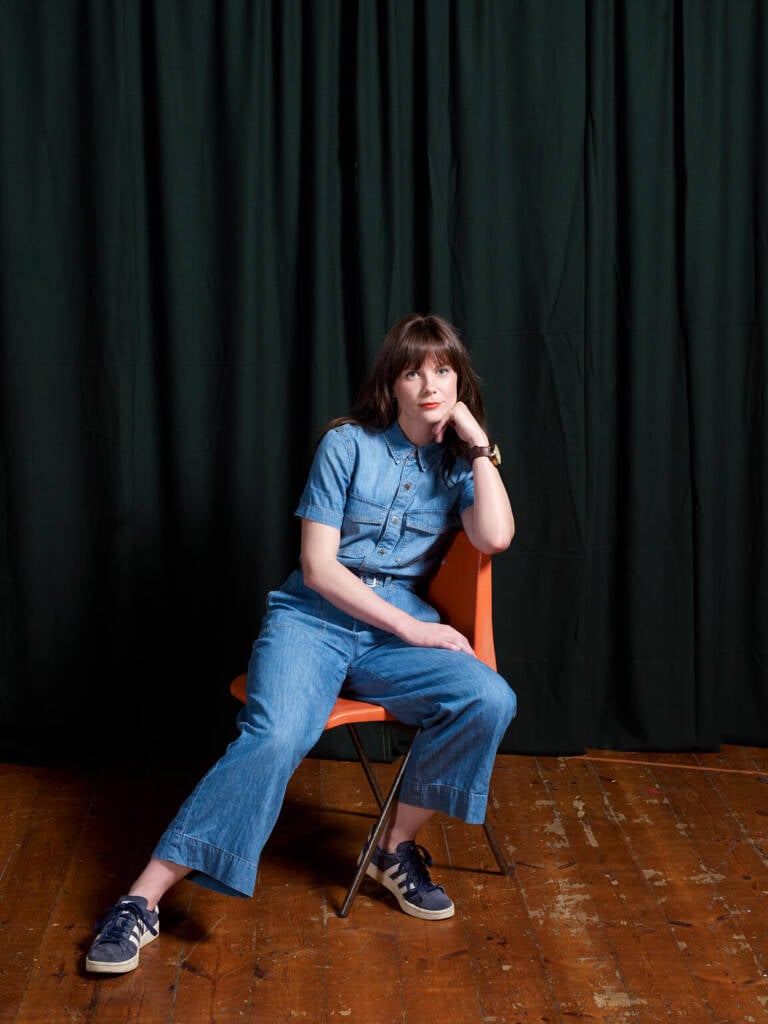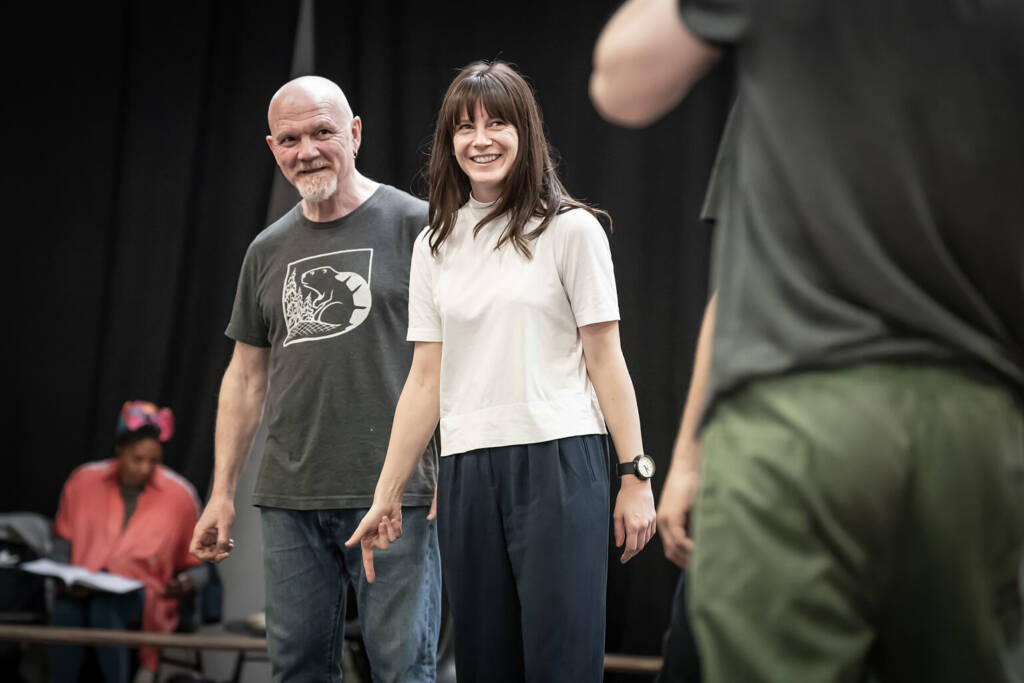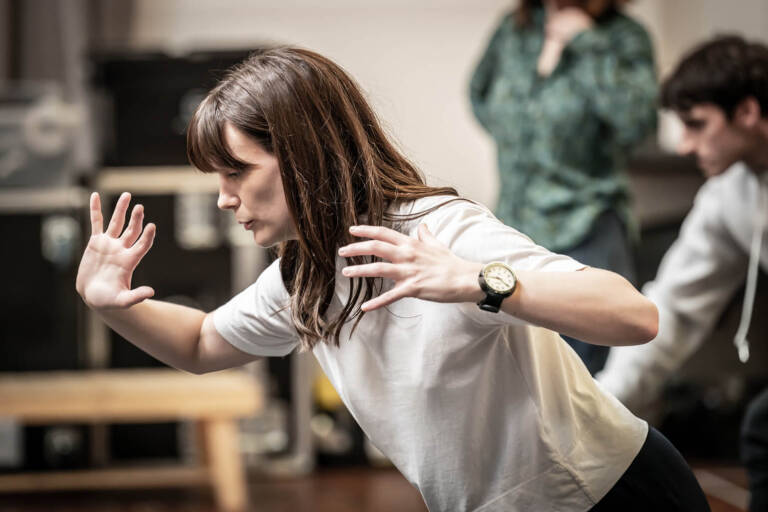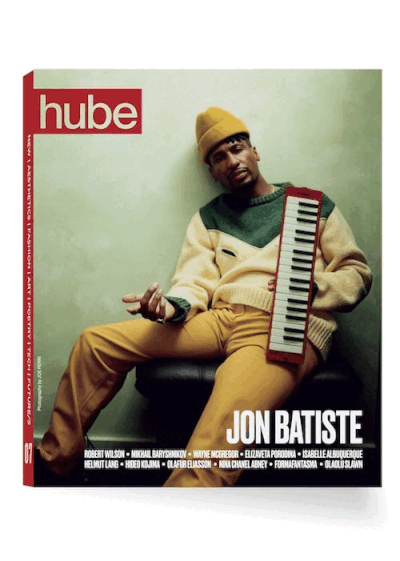

Rebecca Frecknall, a visionary director with a deep understanding of the human condition, has built a remarkable career across theatre and performance. With a portfolio including works like Cabaret and A Streetcar Named Desire, Frecknall is known for her ability to blend emotional depth with striking visual storytelling. In this interview, she shares insights into her creative journey, her approach to directing iconic works, and how she navigates the challenges of a high-stakes industry. From sources of inspiration to her collaborative process with actors, Rebecca Frecknall explores what it means to create authentic, transformative theatre.
hube: You’ve been part of some incredibly successful projects, but what was the first production you directed that made you truly realise this was the career you were meant for?
Rebecca Frecknall: To be honest, the first time I ever directed anything! Or at least that’s when I realised it was the career I wanted to pursue. It was in my first year of university. A student in my year who’s gone on to be a successful theatre producer set up a new writing festival, as there were no extracurricular opportunities at the time. I volunteered to write and direct something that I had created with a group of friends during my theatre course. I loved coining something from nothing. Before then, I thought I wanted to be a performer, either an actor or a dancer, but as soon as I stepped into the directing role, I felt such clarity that it was the making that drove me and not the performing.
h: What have been the most significant influences on your creative vision as a director? Do you have any specific directors or works that you look up to or draw inspiration from?
RF: I draw influence from lots of different things: dance, visual art, text, music, but of course, there have been certain works or artists that have had a significant impact on my work. The works of Pina Bausch have influenced me hugely since I was a student, as well as pieces by Hofesh Schechter and Kidd Pivot. I’ve always taken inspiration from dance and how choreographers work with the body in space and time. I also remember my first introductions to the work of Ivo Van Hove (A View From The Bridge) and Thomas Ostermeier (Hamlet) being really significant, demonstrations of how classic texts could be reinterpreted and unlocked.
h: You’ve worked with a range of actors, including Paul Mescal and Jessie Buckley. How do you build trust with your cast?
RF: Probably the same way you build trust in any relationship. You listen, you’re curious, you empower them and also make clear decisions. You’re excited by their skills and want to collaborate with them in a generous way. You want it to be a two-way street. I think it’s important to allow people to try out their ideas in rehearsals, to explore going down a particular road, even if that road ultimately ends up being a dead end. A great actor I’ve worked with multiple times once said something to me I felt was spot on—‘The best thing a director can say to an actor is—“I don’t know”. And the worst thing a director can say to an actor is—“I don’t know”.’ She was trying to make the point that a director isn’t expected to have all the answers; the best collaborations between actors and directors allow for the unknown, for collaborative discovery. But a director is supposed to make the actors feel safe, to aid them in their discovery, to use their skills to be specific and clear while remaining open and searching.

